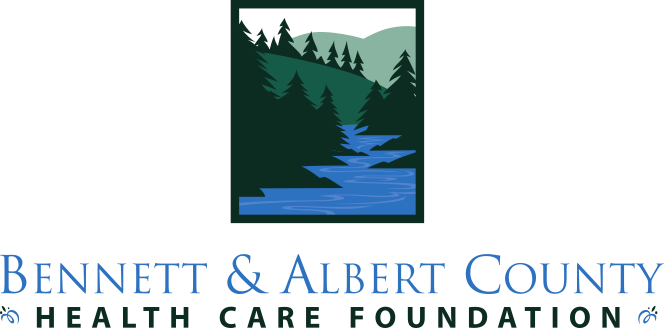Conflict of Interest Policy
This policy applies to the Board of Directors and Volunteers of the Bennett and Albert County Health Care Foundation.
The term Conflict of Interest refers to a situation where a member of the Board has a personal, professional or business interest that conflicts, or may give the appearance of conflicting with, the best interests of the Foundation. Conflicts of interest are not uncommon in non-profit organizations and are not necessarily inappropriate. For example: an “acceptable” conflict of interest may arise if a board member has an interest in, or relationship with an entity that purposes to provide needed goods or services to the Foundation on terms and conditions that are more advantageous than the Foundation could obtain otherwise.

